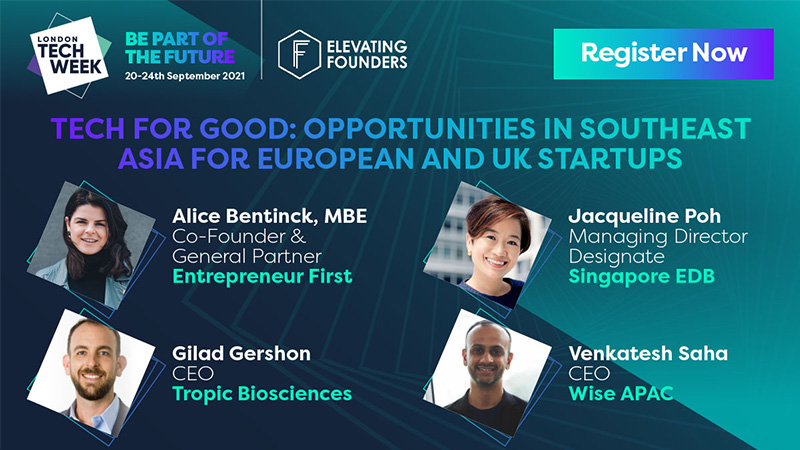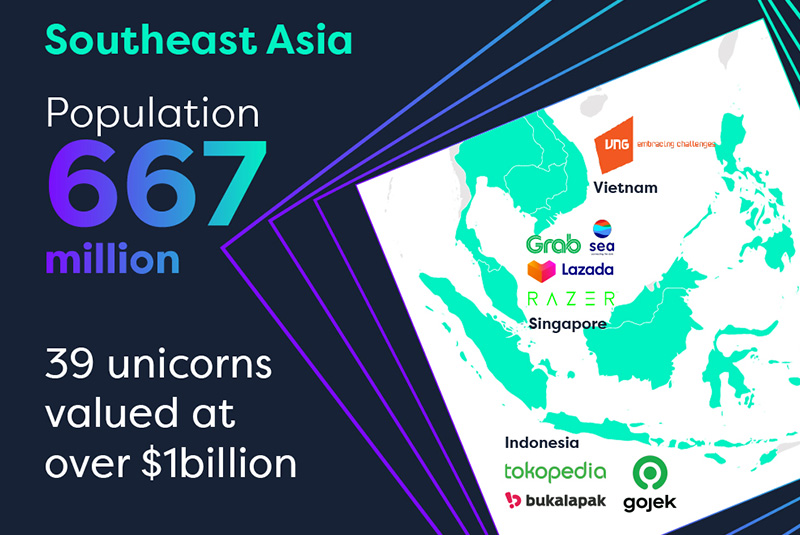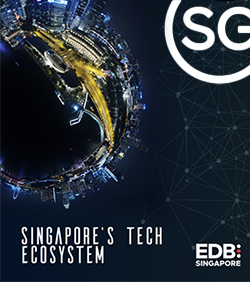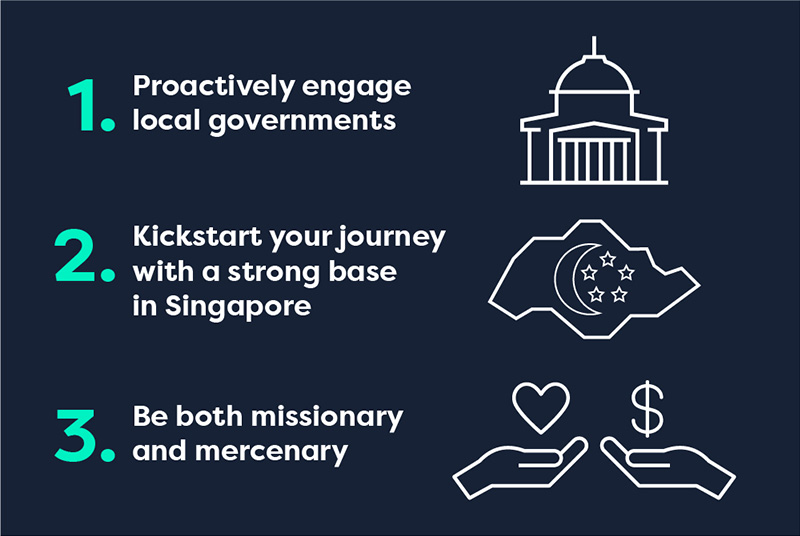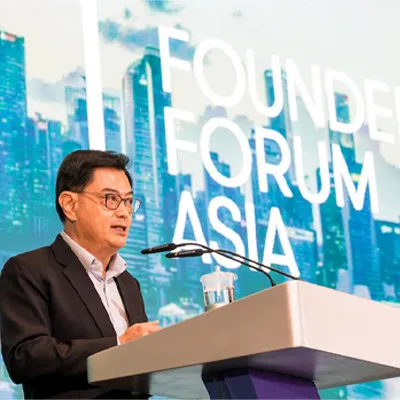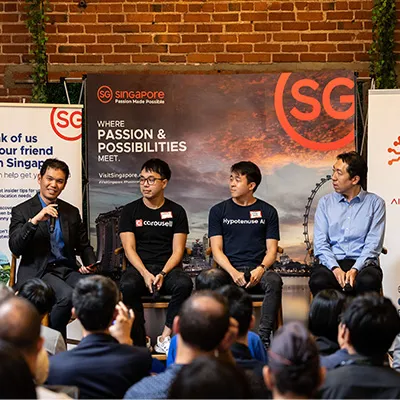In the face of unprecedented challenges, harnessing technology for social and environmental good has never been more important.
The question of how industry, government and talent could come together to build a sustainable, more inclusive world using technology was front and centre at London Tech Week 2021, the largest tech festival in Europe. This year, it saw more than 20,000 virtual and physical attendees over 300 events.
In a panel curated by the Singapore Economic Development Board (EDB), SGInnovate and the Singapore Global Network (SGN), representatives from tech companies at the forefront of driving change discussed the opportunities in Southeast Asia (SEA) for achieving both commercial success and doing good.
Moderated by Ms Jacqueline Poh, EDB’s new Managing Director and former founding Chief Executive of the Government Technology Agency of Singapore (GovTech), panellists delved into how companies can succeed in delivering the change they envision.

